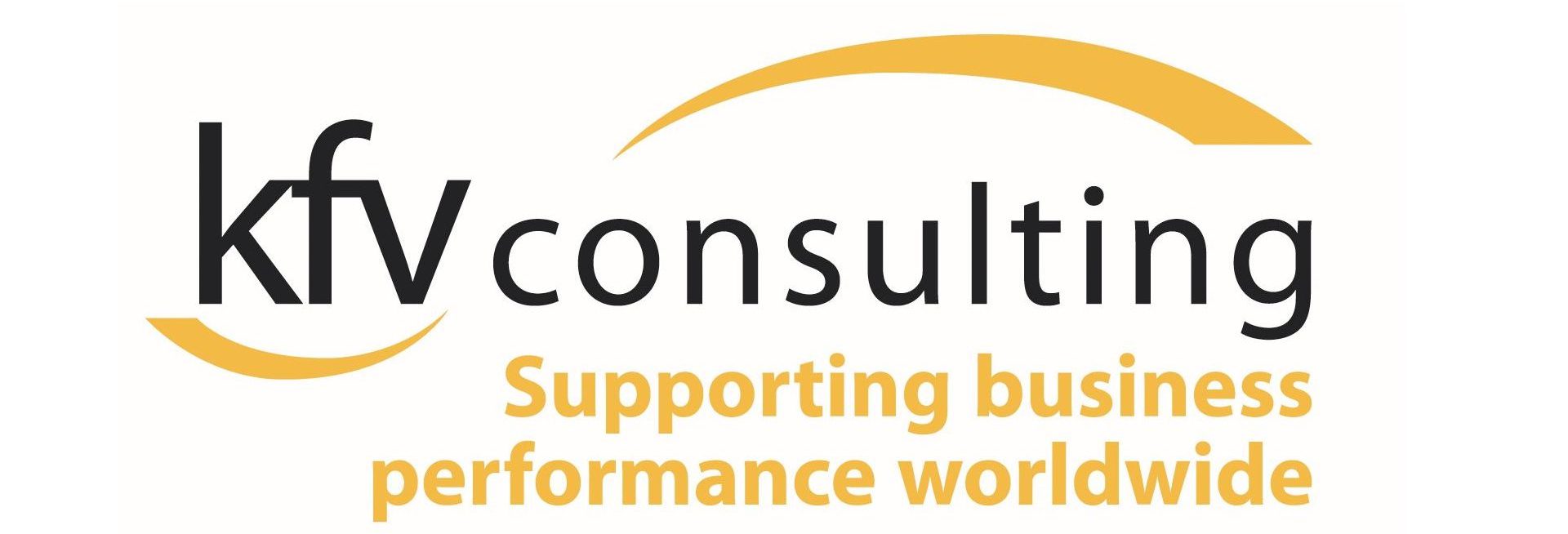Culture Through the Looking Glass
Changing an organisation’s culture in 2023 “You can’t change the past, but you might learn something from it”. We’re in a new world – at least it feels like it. The entire business world seems to be pressing reset buttons.
In an ideal world, when future planning, leaders should also take into account the aspirational business culture in their desired business destination.
“Life, what is it but a dream? Remember who you are! Now, here, you see, it takes all the running you can do, to keep in the same place.”
Alice through the Looking Glass, Carroll
Don’t confuse culture with vision, organisational goals, or a mission statement, although these can help define it. Culture is created through consistent and authentic behaviours. Consider culture as “the way we do things in our organisation”. It is the set of values, beliefs, attitudes, systems, and rules that outline and influence employee behaviours at work.
Culture reflects how employees, customers, vendors, and stakeholders experience the organisation and its brand. You have to be clear about the culture you have and the culture you seek. This is why I prefer to use three distinct lenses in order to assess an organisation – its approach to Health, Safety and Wellbeing (HSW) combined with how it is really engaged with concepts of Diversity, Equity and Inclusion(DEI) as well as the Environment, Sustainability and Governance (ESG). When it comes to its approach to any of these lenses, the shared organisational values and systems underpinning them are intrinsic to an organisation’s culture. You can see them reflected in the prevailing attitudes, values and beliefs and working practises.
Performance equals behaviours. Today’s leaders should consider proactively shifting their operations and supporting behaviours to design a culture that will future proof the organisation and plan the overall future culture. Three areas for priority cultural focus should be Health, Safety and Wellbeing (HSW), Diversity, Equity, and Inclusion (DEI) and Environment, Sustainability and Governance (ESG). Every organisation’s culture will be different, and it’s important to retain what makes your company unique. However, there are key qualities you should try to incorporate. The cultures of high-performing organisations consistently reflect them.
Performance is key. Great companies create a culture that means business. In these companies, talented employees motivate each other to excel. Instead of a “Win/Lose” mentality, the ethos changes to “Win/Win”. Everyone is working safely. Increased profitability and productivity result.
Alignment – Exceptional organisations work to build continuous alignment to their vision, purpose, and goals. You will observe the company’s objectives and its employees’ motivations all pulling in the same direction. Include HSW, ESG and DEI as key strands in your strategic planning. Employee motivation will grow. Business dividends will increase. • Innovation comes from having a wider pool of employees. A culture of innovation means that you apply creative thinking to all aspects of your business • Teamwork encompasses collaboration, communication, and respect between team members. When individuals support each other, employees will get more done and feel happier while doing it.
Appreciation/celebration of success. This culture sees people at all levels frequently providing recognition and thanks for the contributions of others. This can be public acknowledgement, a note of thanks, or a promotion. • Trust is vital to every team across the organisation. Team members can then express themselves and rely on others to have their back when they try something new. In turn, this will lead to psychological safety. It is the enabler for employees to take risks and provide honest feedback.
Integrity, like trust, is vital to all teams when they rely on each other to make decisions, interpret results, and form partnerships. Honesty and transparency are critical components of this aspect of culture.
Resilience is essential for highly dynamic business environments where change is continuous. A resilient culture will encourage leaders to watch for and respond to change with ease. Organisational culture affects all aspects of your business, from punctuality and tone to contractual terms and employee engagement. When workplace culture aligns with HSW,DEI and ESG, your employees are more likely to feel comfortable, supported, and valued. Companies that prioritise culture will inevitably weather changes in today’s business environment and come out stronger.
In summary, for optimum success in future proofing your organisation, there are five key ingredients in any recipe:
- Incorporate HSW, DEI and ESG into your strategic thinking
- Transition from focus on profit to focus on business destination incorporating HSW,DEI and ESG– the why.
- Recognise behaviour equals performance. Move from behaviours and processes that control to behaviours and processes which empower.
- Review and adapt systems and processes to enable more DEI and ESG thinking. Consistently underpin with HSW focus
- Shift from operational hierarchies to developing people networks.
- Focus on engagement, active listening, and two-way conversations across the business.
